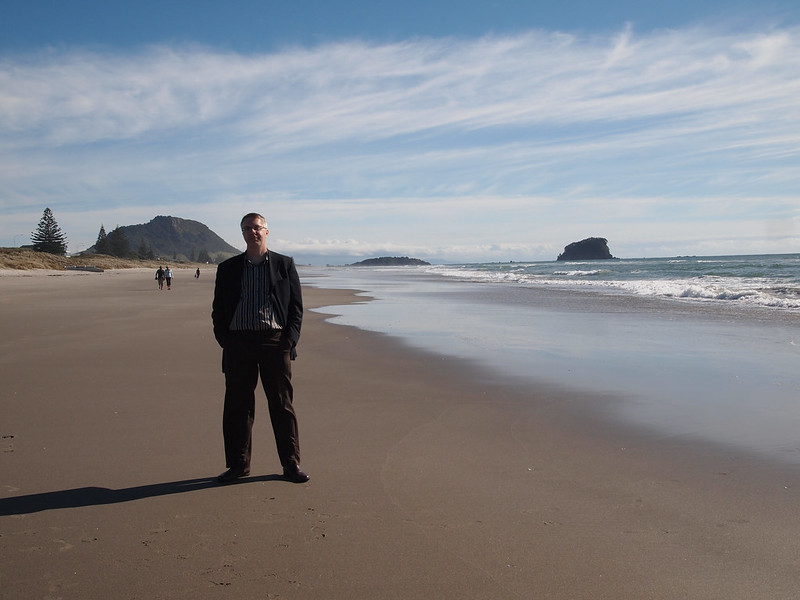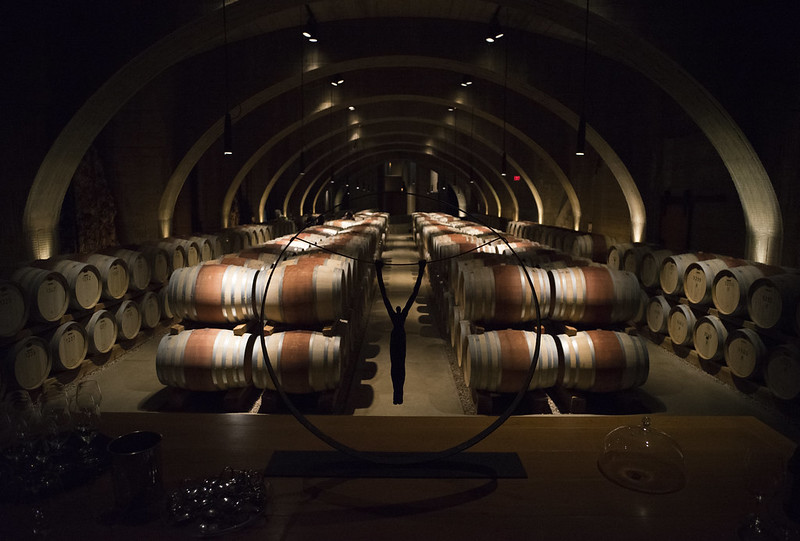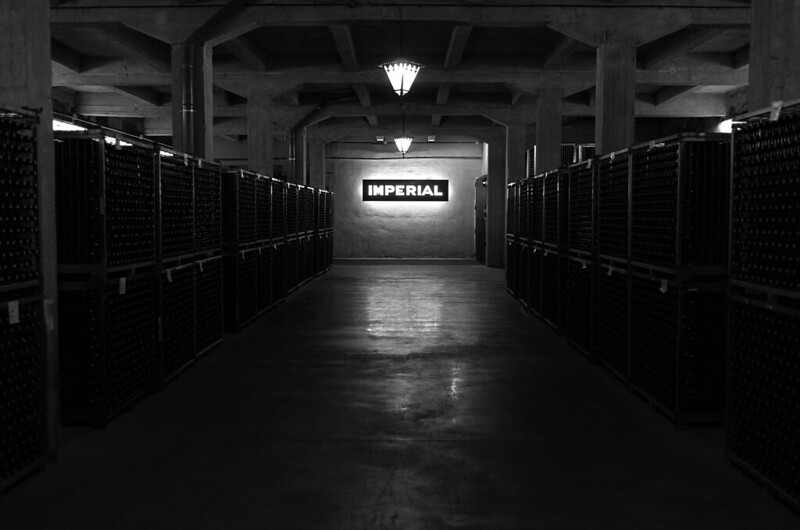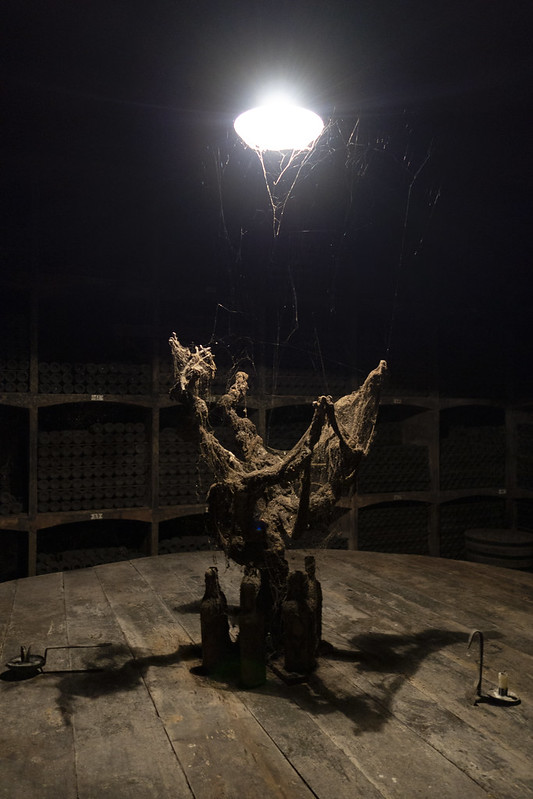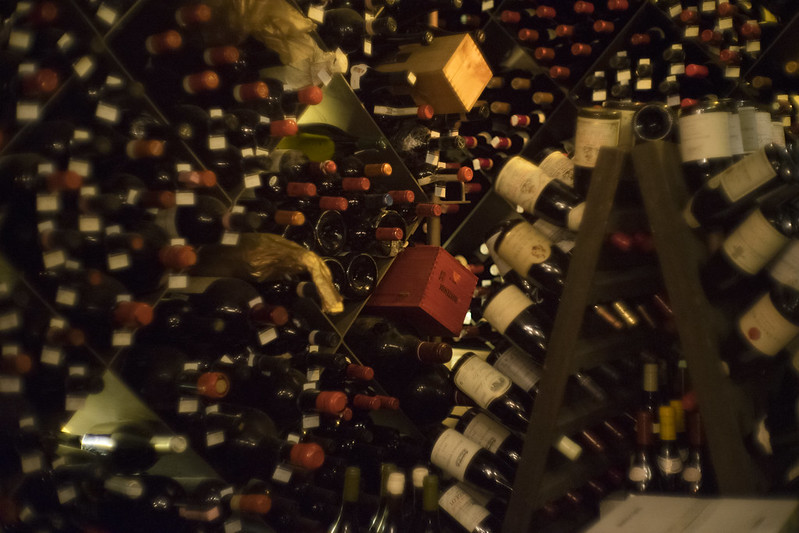The word earnest puts me in mind of two works of literature. The concluding words of one of them are “we shall not sacrifice the truth for the sake of unity, but we shall contribute to greater unity in the truth.” The concluding words of the other are “I’ve now realized for the first time in my life the vital importance of being earnest.”
You may have an idea of what the second one is, but I am confident that you will not recognize the first. This may be a little ironic, since although the second one (which was in fact written half a century earlier than the first) has a lot of talk about being earnest, the author of the first one truly was earnest.
I mean this two ways. For one, while the second work has ironic things to say about truth – “The truth is rarely pure and never simple”; “It is a terrible thing for a man to find out suddenly that all his life he has been speaking nothing but the truth” – the first one is earnest about it: “while there are many short cuts to error, there is no short cut to the truth”; “we must be careful that we do not undermine the truth by attempting to prove what needs no proof”; “in our very zeal for the truth we may actually do violence to the cause of the truth by attempting to prove too much for too little.” It even openly advocates earnestness: “God has graciously designed that the riches of His Word should be open to all, however uneducated, who come to it with a humble heart and an earnest mind.”
And, more to the point, while the second one is about a man who pretends to be someone named Ernest – as you may have guessed, it’s Oscar Wilde’s play The Importance of Being Earnest – the first one was written by a man who actually was Ernest. That was his name.* He was my grandfather, and the book in question was his magnum opus, unpublished in his lifetime: First Principles of Biblical Theology.


I don’t doubt that my grandfather was well attuned to the overtones of his name. And he does seem to have been an especially earnest person: not just a minister but a missionary. You could say he honestly earned the a that makes Ernest earnest.
But what does make the difference – or the connection – between Ernest and earnest? In all honesty and earnestness, it’s not quite as direct a connection as you might think.
It’s not that they’re not connected. It’s true that etymology by sound is not sound etymology, but there are paper trails here to keep us honest. And those paper trails also, I should say, keep earnest not honest – I mean not honest. One may be tempted to wonder if there is a connection between earnest and honest as there is between varmint and vermin, between parson and person, between travel and travail, but there is not. Honest comes by way of French from Latin honestus, related to honor. Earnest comes from a Proto-Germanic root *ernustuz related to struggle, fight, strength, and zeal.
And Ernest? It, too, is descended from *ernustuz – but the adjective and the name split apart a long time ago, even though they’re now spelled the same in modern German (Ernst, ernst).
Wilde’s play plays much on the ‘honest’ sense of earnest, even if it is not quite honest to do so; yes, saying something in earnest means you are being honest, not dissembling (which latter behaviour is essential to the plot of the play), but being earnest is more than that: it’s being zealous, ardent, sincere, and serious. My grandfather’s book does not dissemble (arguments can certainly be made about its accuracy, but the sincerity of its author is beyond doubt), nor does it show even the shadow of cynicism or irony. But of course you could expect no less; its author was not only a man of the Bible, he was a young one at that.
And here we will come to a final irony, or rather two.
First, The Importance of Being Earnest is about a young man who, having pretended to be named Ernest, discovers that his real name is Ernest, and the discovery of truth, when he is Ernest in earnest, realizes his dreams and sets him free. The author of the play, Oscar Wilde, shortly after the opening of the play, discovered that the truth could do the opposite: the disclosure of his sexual involvement with another man led to his imprisonment, because the laws of the time and place were based on a particular version of Biblical morality.
Second, the lead character of The Importance of Being Earnest is 29 years old when he truly becomes Ernest. My grandfather, on the other hand, was 29 years old – and had completed his book the year before – when he ceased to be Ernest. Or, more to the point, he went from “is Ernest” to “was Ernest.” He was on his way to take up a post teaching theology – the realization of his dreams – when he died in an accident.
But of course coincidences are coincidences, whether ironic or not. They may be memorable, but one need not take them in earnest.
* I’m not putting his last name here because that would tell the casual passer-by my mother’s maiden name, which might still be used by ne’er-do-wells for purposes falsely in earnest.







